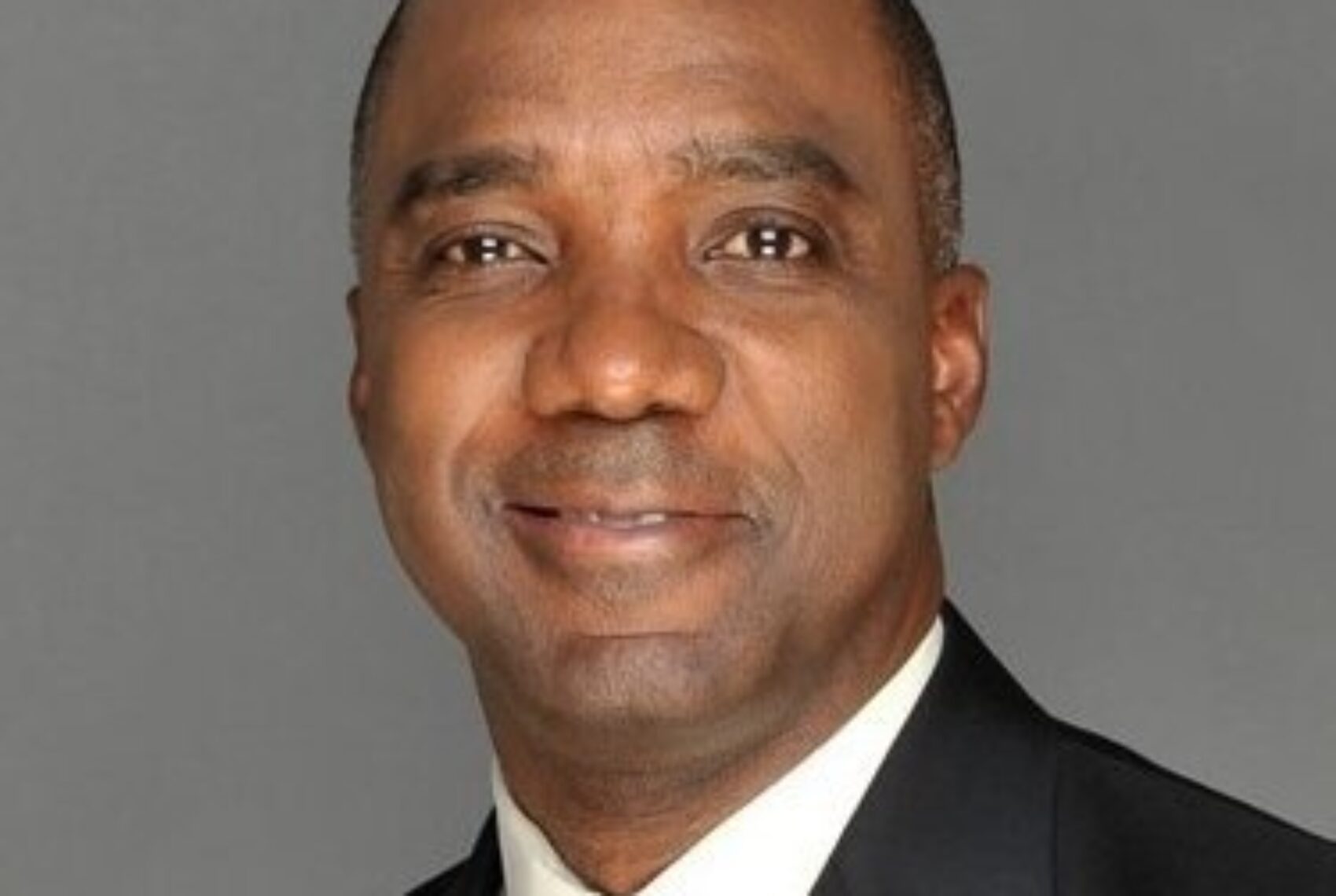Creating The Blueprint with Mark Wilson
Mark Wilson may have been told in his early years to follow a traditional path to success, but this father of a family of entrepreneurs blazed his own trail. It’s a road that few people who share Mark’s humble beginnings growing up in a housing project in Fort Smith, Arkansas manage to travel.
At an early age, Mark says he was taught to “work, get a job, and grow professionally” to build a successful career. And while he may have adopted his family’s guiding advice and followed a corporate path at Dun & Bradstreet for twenty years, he eventually struck out to be his own boss.
When Dun & Bradstreet prepared to outsource employees, Mark “approached the company about [providing] some of the work they were about to outsource and they liked the idea.” Thus, Ryla Inc. was born. Over the next decade, Ryla grew to $150 million in revenue with 4000 employees. Mark led Ryla until 2 years after it was acquired by Alorica. Looking for a new venture, Mark purchased eVerifle, a background screening company, with 2 other partners. Mark moved into the CEO position at eVerifile but shortly after, they lost their largest client. To supplement this revenue, Mark returned to his roots and launched a BPO and call center subsidiary. While the call center was gaining traction, the eVerifile board wanted to pursue more software solutions. Mark, however, once again saw potential in the call center industry and an opportunity in Black communities across America. With a focus on creating higher-paying jobs in underserved suburban areas, Mark launched his next venture, Chime Solutions.
Located just miles south of downtown Atlanta, Chime Solutions delivers high-touch customer care solutions for global enterprise clients like AT&T and Kaiser Permanente. For years, the outsourcing industry was dominated by international companies delivering impersonal solutions to their client’s outsourcing needs, often through offshore labor. Chime Solutions is different; providing personal and attentive interactions for customers while employing people in underserved domestic communities. Chime Solutions’ bottom line is supporting people. “I don’t know that I’d ever say that ‘we’ve arrived,” laughs Mark, “but early on I knew that we had a different model by the reception that we got from different customers, and we had a team that rallied around us. I knew we had something special.”
The path was not always an easy one, and like every entrepreneur, Mark says he faced his share of challenges. “I’m like any other person – I generally feel like we will figure it out. We’ve never missed a payroll, but there have been days where we have been close. And those are bad days,” he says.
Mark wants Black founders who most resemble him and his experience to be able to learn from his struggles and successes. “I think that whatever I’ve learned along the way should be available to others who are in similar situations as I’ve been in…I feel a strong conviction that [founders] like me…that are African American, or minorities, and have experienced success can [make that success] available for those that can benefit from it.”
For Mark, those lessons are the seeds for what he calls ‘the blueprint’ – a playbook and initiative he’s hoping to create for other founders to follow.
“So the blueprint for me is taking the day in the life of an entrepreneur and making those things available to people. Like raising capital: what is the lifecycle of a capital raise? [And] acquiring talent: what are the thought processes? What are the things that you should look for, the [factors] that should influence your decision about a senior hire? How do you manage growth? What are the tenets of that?”
Mark sees the initiative as a way to counterbalance the misguided mentoring attempts that define most corporate entrepreneur support programs. Those programs, Mark says, place the emphasis on the wrong part of the entrepreneur’s journey by assuming a lack of knowledge. “The default within the corporate community towards minorities is to assume you are ‘uneducated’ about whatever it is,” Mark says.
He continues, “People are at the center of everything you do. Even if it’s not a labor-intensive process, you have to sell your product to a person. So you gotta be, in my view, connected to and understand what drives people. You can’t be successful if you can’t connect with people. You have to move the product to someone who, at the end of the day, is the person who is buying it.”
Mark says that one of the defining features of the Endeavor program is its ability to provide real-world advice about business-building rather than general platitudes or education about a marketplace. “When I joined, I didn’t think it would be that helpful to me, but it has been extremely helpful,” says Mark. “They have connected me with folks for the particular thing that I’m dealing with. And that person has experience with the particular issue I’m dealing with.” The Blueprint Mark is building will resemble the specificity and curated nature of the Endeavor network.
Mark’s commitment to Chime’s mission of transforming customer service and improving the trajectory of unemployment has a trickling effect: the thousands of lives already positively impacted by the company is just the start. 20 years from now Mark would be proud “that [he] had too many people to count that reached their full potential because they were associated with [him] or something that he was involved in…[That] his person and his leadership facilitated a number too high to count of people having reached their full potential.”
